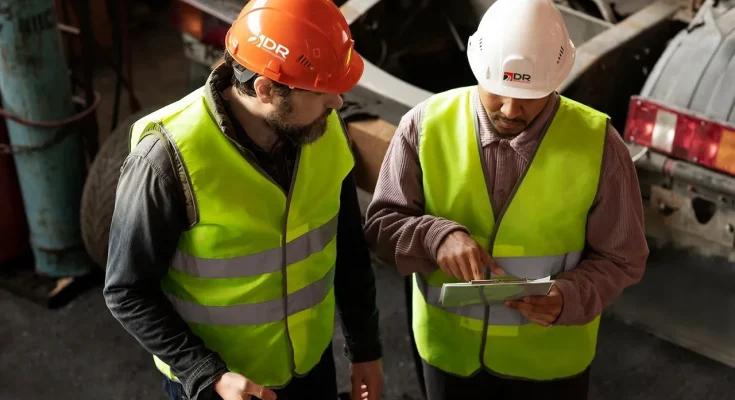When it comes to construction, roadwork, and infrastructure maintenance, following the rules isn’t just good practice—it’s the law. Non-compliance with traffic safety regulations can lead to severe penalties, project delays, or even injury. That’s why certified traffic control services are essential. They ensure every project operates safely, efficiently, and within legal boundaries.
What Are Certified Traffic Control Services?
Certified traffic control services are specialized operations managed by professionals who are trained and licensed to handle traffic management in work zones. Certification typically includes meeting standards set by government agencies such as:
- The Occupational Safety and Health Administration (OSHA)
- The Department of Transportation (DOT)
- Local and state traffic safety boards
These services provide both the manpower and the planning expertise to create safe and compliant traffic environments.
Why Certification Matters
1. Ensures Legal Compliance
Each jurisdiction has strict laws regarding how traffic must be managed around construction or maintenance zones. Certified services are up to date with the latest regulations, ensuring your project avoids legal trouble.
2. Reduces Liability
If an accident occurs due to inadequate traffic control, the construction company may be held liable. Certified services mitigate this risk by ensuring all safety protocols are followed.
3. Guarantees Proper Training
Certified traffic controllers undergo rigorous training that covers:
- Hazard recognition
- Emergency procedures
- Effective flagging techniques
- Equipment usage and maintenance
Their expertise helps prevent errors that could lead to injuries or violations.
Key Components of a Certified Traffic Control Service
1. Site-Specific Planning
No two job sites are the same. Certified services analyze site conditions and develop custom traffic control plans that align with the project’s scope and surroundings.
2. Documentation and Permits
Certified providers understand what paperwork is needed to keep a project compliant. They help secure permits and maintain proper documentation to show adherence to safety standards.
3. Equipment and Signage Standards
Traffic signs, barriers, cones, and other tools must meet strict specifications. Certified services ensure that only compliant, high-visibility materials are used on site.
4. On-Site Monitoring and Adjustment
Certified teams continuously monitor the site to adapt to changes such as weather conditions, traffic patterns, or emergency scenarios.
Consequences of Non-Compliance
- Fines and Legal Penalties: Failure to meet regulations can result in steep fines or even work stoppages.
- Increased Insurance Costs: Non-compliant sites are high risk, which can spike your insurance premiums.
- Project Delays: Without proper control, traffic issues can cause delays, escalating project costs.
- Public and Worker Safety Hazards: The most serious consequence is injury—or worse—due to poor traffic control practices.
Partnering with Professionals
Reputable companies like Salus Traffic Control services specialize in certified traffic control. They offer comprehensive planning, on-site execution, and real-time monitoring. Their teams are fully trained and understand both local laws and the technical aspects of safe traffic management.
Who Needs Certified Services?
- Construction companies
- Municipal governments
- Utility providers
- Event organizers
If your project affects any public roadway, hiring a certified traffic control service isn’t optional—it’s essential.
Conclusion
Certified traffic control services are the backbone of compliance and safety in any project involving roadways. Their training, expertise, and adherence to legal standards make them an invaluable partner. Choosing a certified provider like Salus Traffic Control services ensures your project runs safely, smoothly, and within the bounds of the law.



